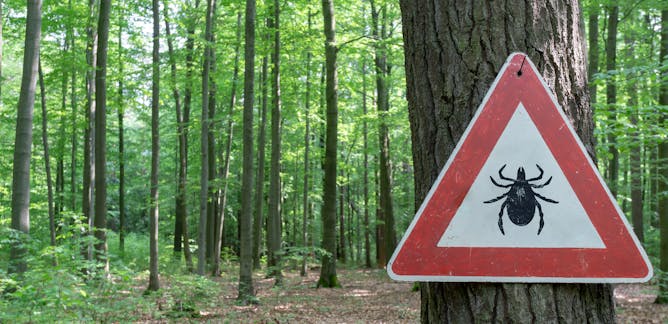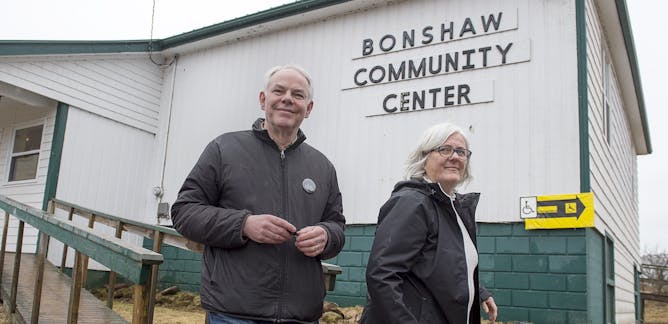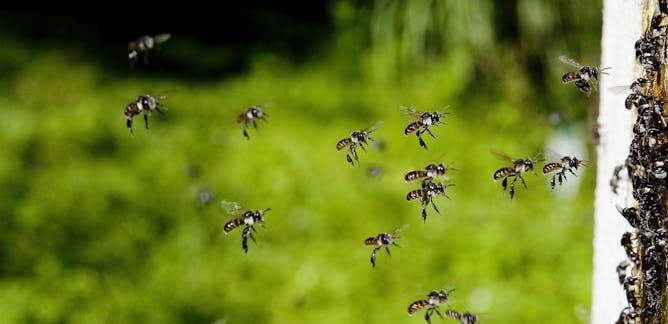|
As we get ready to leave squishy April behind, the promise of May brings new hope for more time outdoors. But with that comes other issues, like encounters with bugs and dealing with allergies.
For your weekend reading pleasure, a selection of green-themed articles from the global network of The Conversation.
Enjoy the weekend and we'll be back in your Inbox on Monday.
|
Into the green outdoors
|

Jade Savage, Bishop's University
If you are bitten by a tick, you need to find out what species it was, fast. A research team has developed a website to help people in Quebec, Ontario and New Brunswick do just that.
| |

Greg McDermid, University of Calgary; David Laskin, University of Calgary; Scott Nielsen, University of Alberta
As warming temperatures shift the availability of key food sources, Alberta's grizzly bears will be forced to adjust.
|

Matto Mildenberger, University of California, Santa Barbara
The Green Party breakthrough in Prince Edward Island foreshadows the party's prospects at the federal level in the fall.
| |

Manu Saunders, University of New England; Tobias Smith, The University of Queensland
Bees might not be able to survive inside a person's eye, but they can be drawn to disgusting food sources.
|

Simon Creer, Bangor University; Georgina Brennan, Bangor University
Pollen counts focus on the amount of grains in the air, but it could be the species that are more important.
| |

Kara Wada, The Ohio State University
Pollen is ancient, but in recent times, it's getting worse. An allergist offers ways to manage the suffering and enjoy the spring.
|

Emmanuel Stamatakis, University of Sydney; Joanne Gale, University of Sydney; Melody Ding, University of Sydney
Getting enough exercise to offset the health impacts of sitting might be easier than you think, new research shows.
| |

Angela Spence, Curtin University
Exercising at your maximal heart rate isn't always effective. Training smarter, not harder, will make you fitter.
|
|
|